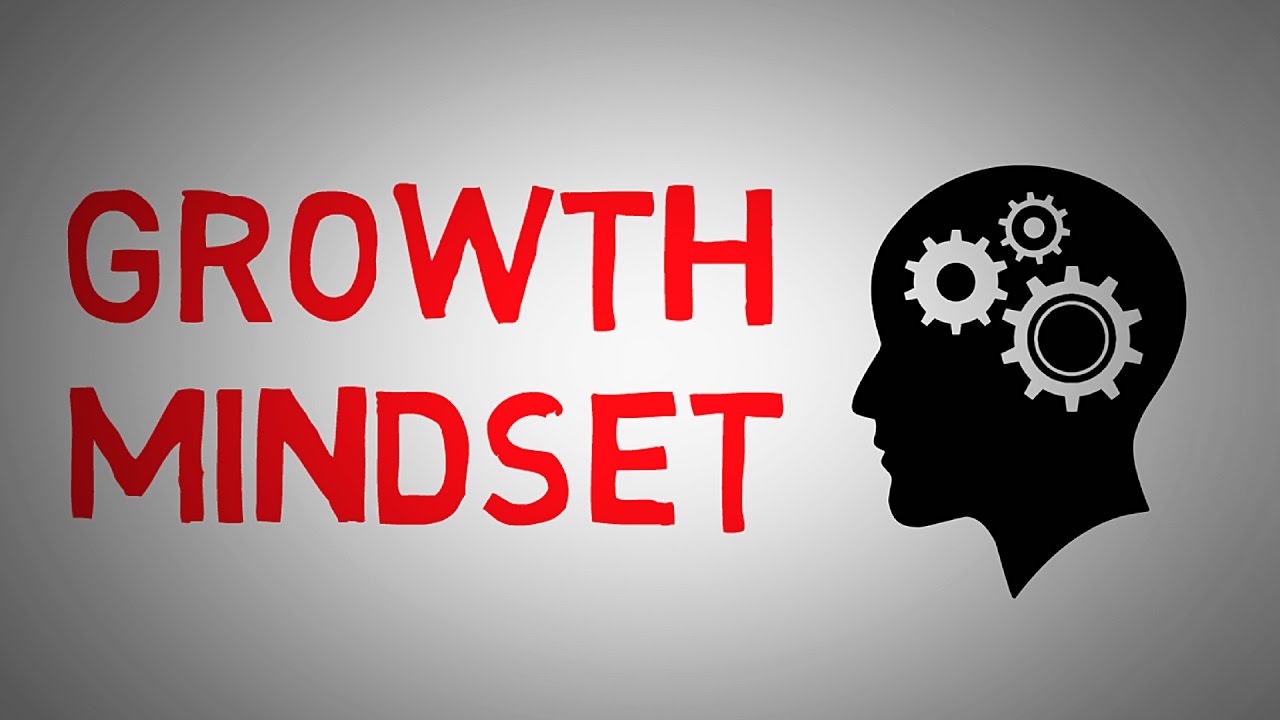
06 Jul Instilling a growth mindset in kids
Recently we have learned about the ethos and teachings of Carol Dweck on the concept of growth mindset. For anyone who hasn’t heard of this before, we recommend the YouTube video shown below as well as Dweck’s bestselling book, Mindset: The New Psychology of Success.
What is a growth mindset?
Dweck defines it: “In a growth mindset, people believe that their most basic abilities can be developed through dedication and hard work—brains and talent are just the starting point. This view creates a love of learning and a resilience that is essential for great accomplishment.”
If someone doesn’t have a growth mindset, they believe their intelligence and ability is fixed and cannot be improved. This belief is far more common that you might think. Of course, it is hugely damaging because those individuals don’t see a clear link between their efforts and self-developments.
Carol Dweck on growth mindset and how to praise kids
A growth mindset is the same in a child as is it in an adult. The key, however, is that we can better influence a child’s attitude towards growth and give them a belief system they’ll use for life. In summary, Dweck recommends:
“If parents want to give their children a gift, the best thing they can do is to teach their children to love challenges, be intrigued by mistakes, enjoy effort, and keep on learning. That way, their children don’t have to be slaves of praise. They will have a lifelong way to build and repair their own confidence.”
Dweck warns of the dangers of praising intelligence as it puts children in a fixed mindset, and they will not want to be challenged because they will not want to look stupid or make a mistake. She notes:
“Praising children’s intelligence harms motivation and it harms performance.”
As explained by Dweck, this practice reveals a radical new approach to the way we engage with children – that we should praise effort, never talent; that we should teach kids to see challenges as learning opportunities rather than threats; and that we should emphasise how abilities can be transformed.
Experiments from around the world have shown that when parents and teachers adopt this approach and stick to it, the results are remarkable.
Growth mindset for kids
A growth mindset is a powerful tool for kids and adults alike. Being in possession of a growth mindset means someone approaches a challenge with a quiet confidence that they will overcome it. They face uncertainty with conviction, they can lead a team or build a tribe. They don’t crave recognition from others and they don’t need praise to feel fulfilled. They are independent and seek self-sufficiency. They know how to improve and they ask questions that help them constantly learn. A growth mindset means asking why. It means challenging the status quo and not doing something just because everyone else is doing this.
When someone develops a growth mindset in their formative years, they will practice applying it in everything they do. Through secondary school, they will question actions that others might be peer-pressured into. They will not be deterred by distractions, bad feedback or challenges. They take it all in their stride. By the time they come to choosing their career path, they will be perfectly placed to intentionally consider options and move forward. They will know how to assess their own strengths and weaknesses and put in place what they need to in order to improve and grow.
Consider how powerful this intentional and progressive way of thinking could be, especially if developed from primary or elementary school age. Consider the possibilities and the extent of what could be achieved. When someone has a growth mindset their only limit is their imagination.
What do you think? Have you adopted this method in your parenting or teaching?
Pick up Carol Dweck’s Mindset from Amazon now:
Here are more articles you’ll find useful:





